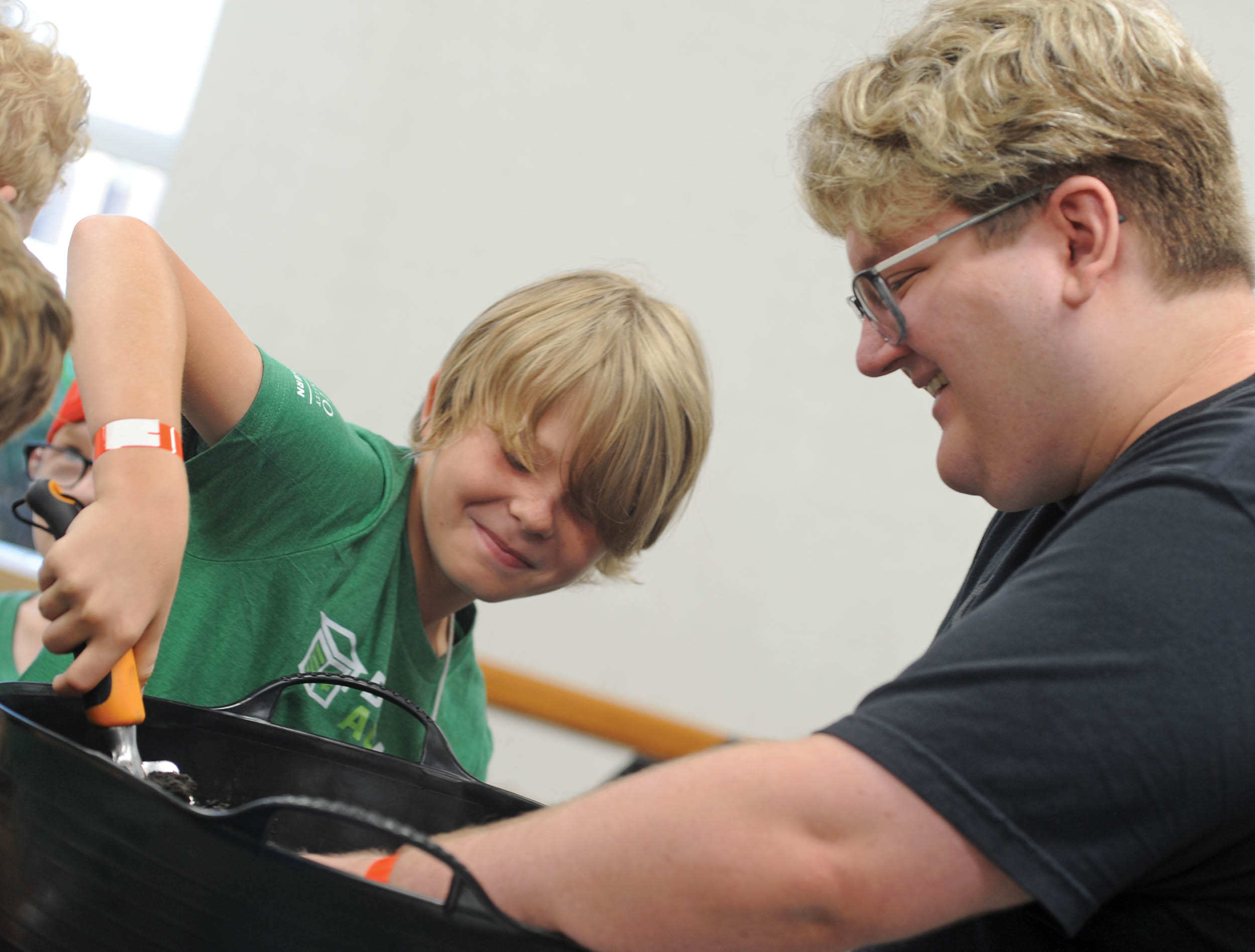He was there
Published 12:00 am Saturday, September 9, 2000
The year was 1941 and American troops were at war in various parts of Europe tackling Adolf Hitler to bring World War II to an end.
Saturday, September 09, 2000
The year was 1941 and American troops were at war in various parts of Europe tackling Adolf Hitler to bring World War II to an end.
Trending
Then, one day, the battle changed. That was the day that the Japanese bombed Pearl Harbor and no American soldier’s life would ever be the same.
Claude DeBord, a former Ironton resident, remembers.
He was there.
DeBord also remembers the day President Franklin D. Roosevelt called on the nation’s men to join the armed forces.
"I joined the Army with the intentions of making a career out of it," DeBord said.
In 1940, Roosevelt started a program commonly known as a "one-year conscript," he said.
Trending
"It required every young man between the ages of 21 and 26 who was physically fit to go into the service for one year," he said. "I went to Portsmouth and was examined by an old Army sergeant, who at that time was in charge of recruiting for all branches of the military."
DeBord said he was given four branches of military to choose from with each choice sending him to a different location around the world.
"I was 21 years old, already had a good-paying job, but in those days most people had it hard. The last choice he gave me was to join the Infantry (Army) stationed in Hawaii."
DeBord chose the Army.
He was sent to Schofield Barracks on Oahu island (Hawaii) to not only be trained, but to also start his active duty with the A-Company, 19th Infantry, 24th Division..
"The base there was huge," he said. "We were located about 12 miles or so from Honolulu. Close by, we had the Air Force base Wheeler Airfield which was also 12 miles from Pearl Harbor and Hickam Airbase. At that time, it (Hickam) was the biggest airbase in the country."
He said service on the base was uneventful until an early autumn bulletin was posted in each military camp reading ‘Due to uneasy rest in the Far East, all Hawaii troops will be put on triple alert.’
"At that time, we didn’t know just exactly what that meant because it didn’t say Japan specifically and nobody certainly seemed alarmed by the bulletin," he said.
The troops of the 19th Infantry were each sent in groups to each military base on the island to stand guard around the clock, he said.
"I was sent to Hickam Air Force Base," DeBord said. "I was one of five men on guard on the base. I was half a block from the mess hall in one direction and about a block from the airfield in the opposite direction.
"I can still remember everything was calm that day then, all of a sudden out of nowhere I heard something in the distance I turned to look over at Pearl Harbor and all I could see was fire and smoke. My legs fell numb. I couldn’t believe my eyes."
He said it seemed as though time stood still.
Within 30 to 40 seconds, he said, a large fleet of Japanese planes began targeting the base he was on.
"They were flying in perfect formation," he said. "At about the same time, we had about 25 of our brand new B-17s, better known as flying fortresses, that were coming in for landing. They were not armed and they didn’t have a fighting chance. What the Japanese didn’t shoot down in the air, they destroyed on the ground. The crew of all those planes died. I felt so helpless and basically I was."
He said following the attack on Pearl Harbor, American forces engaged in heavy combat on several Japanese captive islands.
"Those of us who survived the attack that day, literally became animals," he said. "We fought hard until we were within 500 miles of Japan. It was then when the government decided to drop the atomic bombs that brought that war to an end. I had spent five years and three months total in military service."
One of the few remaining survivors of the Pearl Harbor attack, DeBord said he enjoys his quiet life in St. Petersburg, Fla.
"Today, I have only memories of that day. I do participate in the Pearl Harbor Association, but most of the survivors have since passed away. Those of us in Florida are virtually the only ones left."





